LATEST INSIGHTS
Your Present Location: LATEST INSIGHTS-
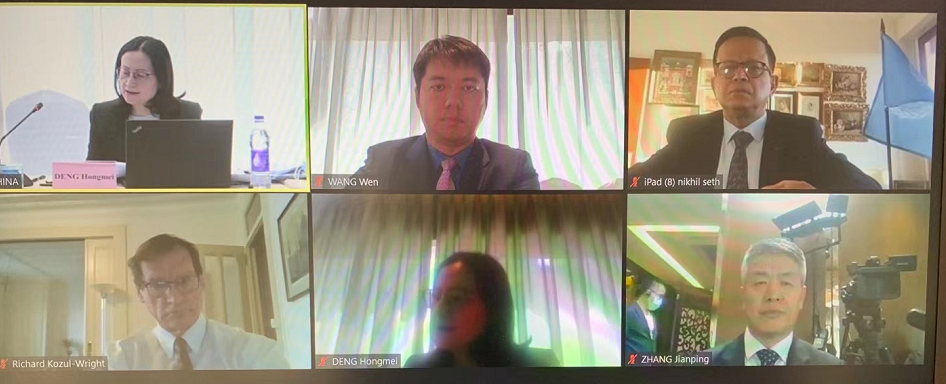
【2021-03-30】International Seminar on “Green Recovery” in Post-Pandemic Era
2021-03-31 -

Wang Yiwei: Getting CPC Right, Then Relations
I once asked Dr. Henry Kissinger whether he had seen any Marxist classics in late Chairman Mao’s personal library, since Mao had received him there multiple times. His answer was probably not. There were all kinds of thread-stitched books, all Chinese classics.
2021-03-30 -
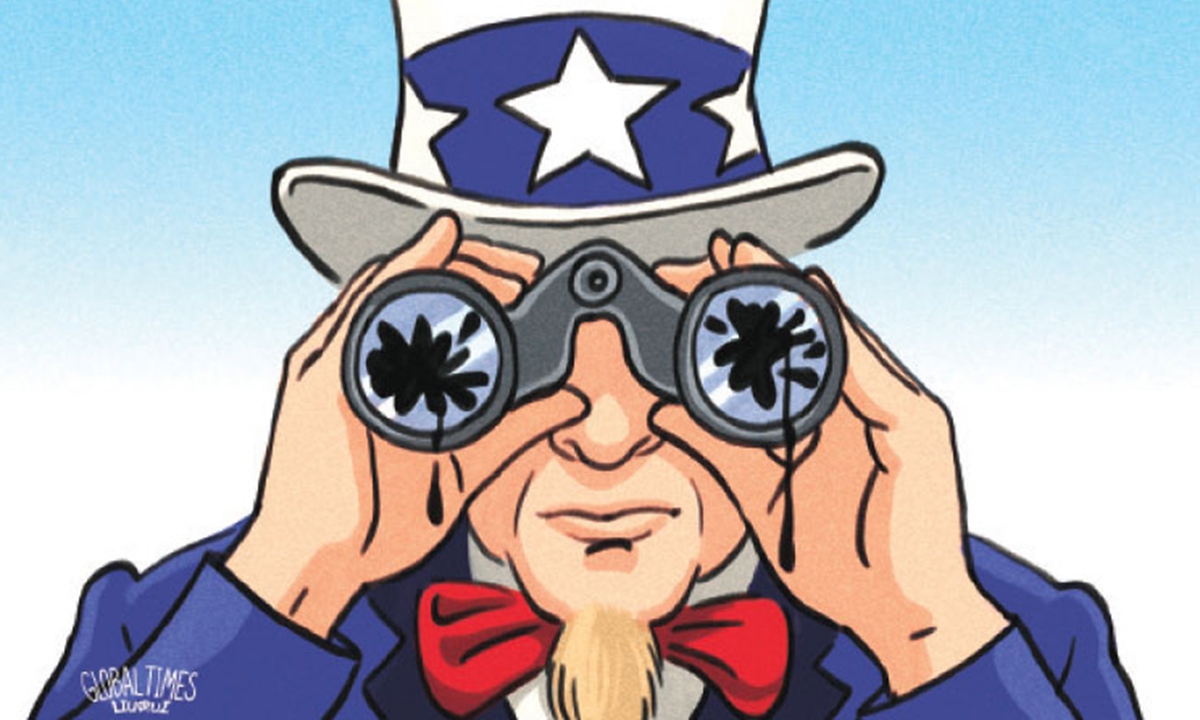
Wang Wen: New Edgar Snow is needed to understand real China
As Western attacks on China over cotton production in the country's Xinjiang Uygur Autonomous Region garnered world's attention, I was doing research in about 10 counties and townships located at the border between Central China's Hunan Province and East China's Jiangxi Province. It's where Mao Zedong led the Autumn Harvest Uprising and established Jinggangshan revolutionary base in October 1927. While empathizing the hardship in the early years of the Communist Party of China (CPC), I also felt sorry for the prejudice, arrogance and ignorance of some Western politicians and reporters.
2021-03-30 -
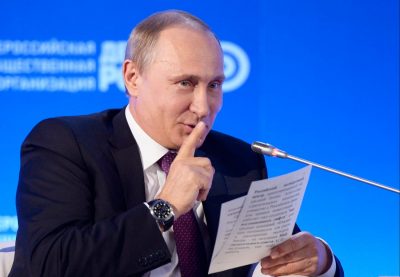
Peter Koenig:“The One Who Accuses Is the One Who Is” – President Putin’s Response to Biden’s Calling Him a “Killer”
On March 16, 2021, ABC anchor George Stephanopoulos held an exclusive interview with President Joe Biden. In the context of the United States’ chief intelligence office releasing an unclassified report on foreign meddling in the 2020 US election, concluding that Russian President Vladimir Putin oversaw sweeping efforts aimed at “denigrating” President Joe Biden’s candidacy, Biden told Stephanopoulos that he had warned Putin about a potential response during a call in late January.
2021-03-29 -
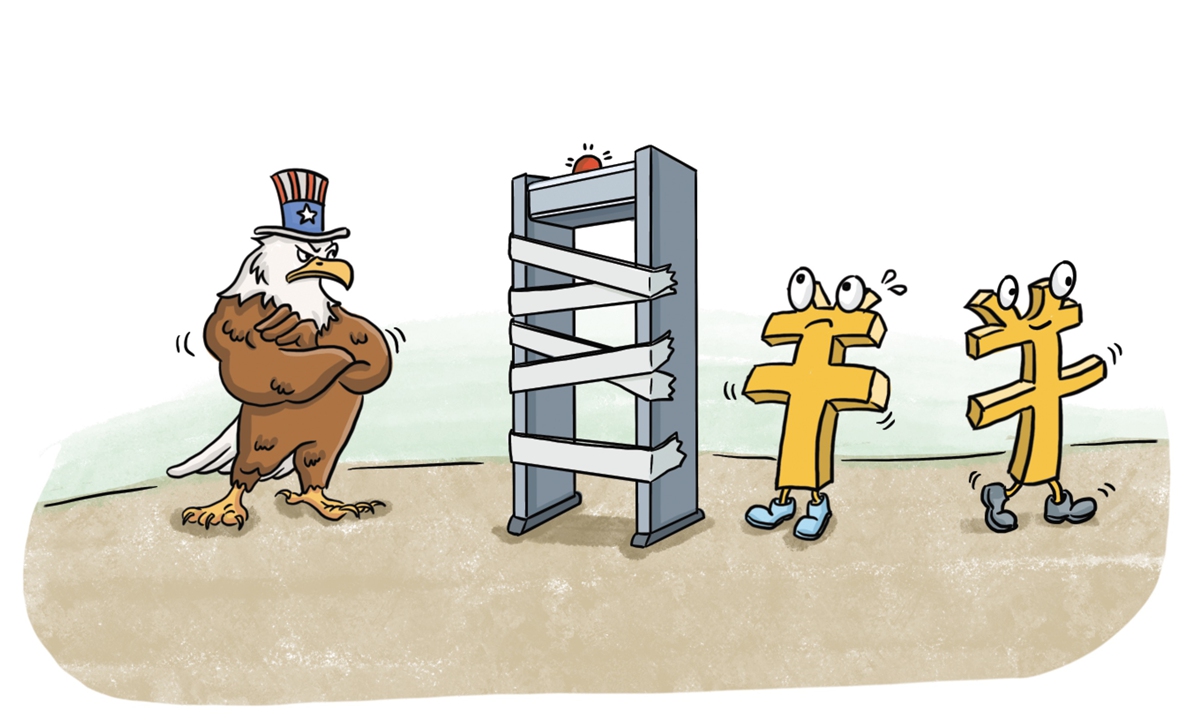
Dong Shaopeng: New rules may force Chinese stocks to ditch the politicized US financial market
The top US securities regulator recently adopted a politicized measure which widely believed to be a move targeting Chinese firms listing on the US stock market. As the nation signals no intention to redress its hegemonic approaches to confront China in near term, it might be time for some Chinese firms to ditch the politicized American financial market, returning back home or seeking new financial cooperation outside of the imperious US.
2021-03-29 -
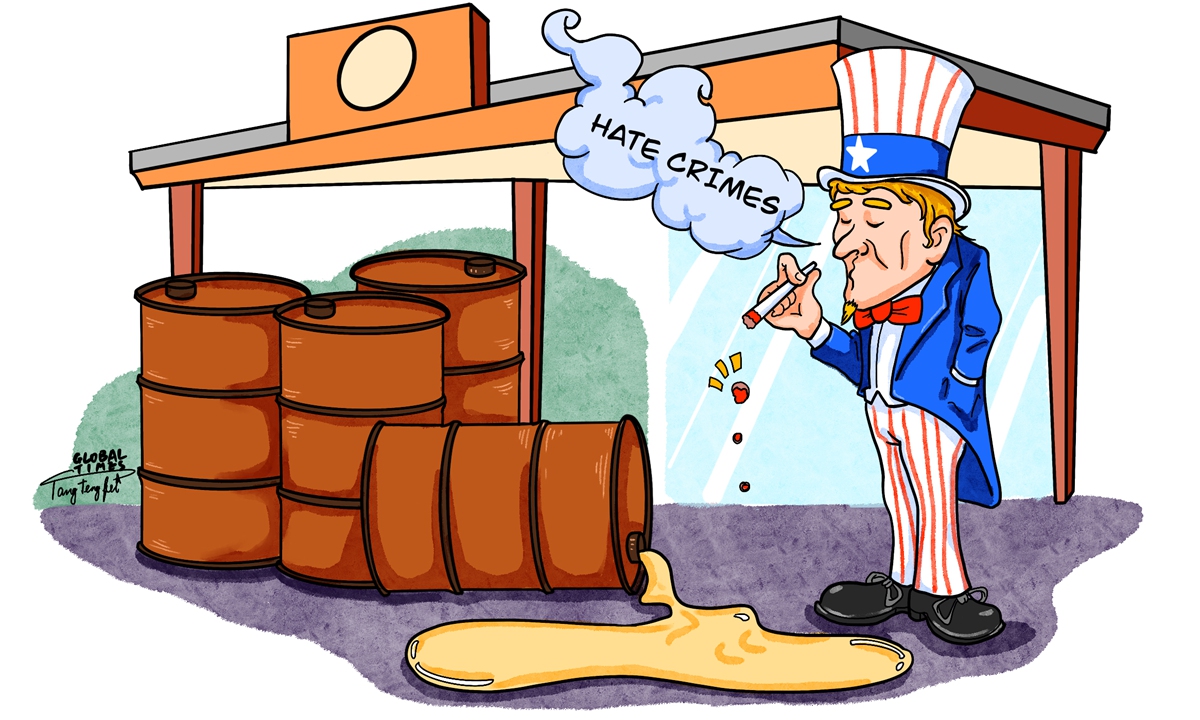
Zhao Minghao: Far-right wing politics spawns hate crimes, threatens China ties
Hate crimes against Asian Americans on the US soil are becoming more commonplace. These racially discriminatory crimes are the consequence of prevailing far-right wing politics in the US. The far-right was born out of conservatism. It views liberalism and the left-wing political thought and forces as opponents. It also objects to moderate figures of mainstream conservatism.
2021-03-29 -
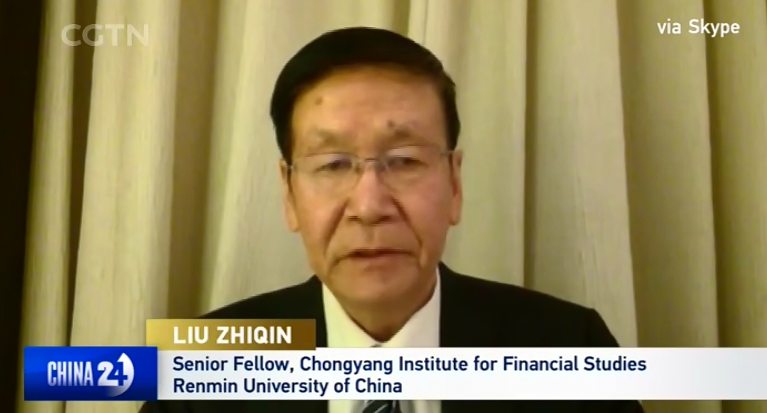
Liu Zhiqin: Views and Suggestions on Consumer Lending
2021-03-26 -
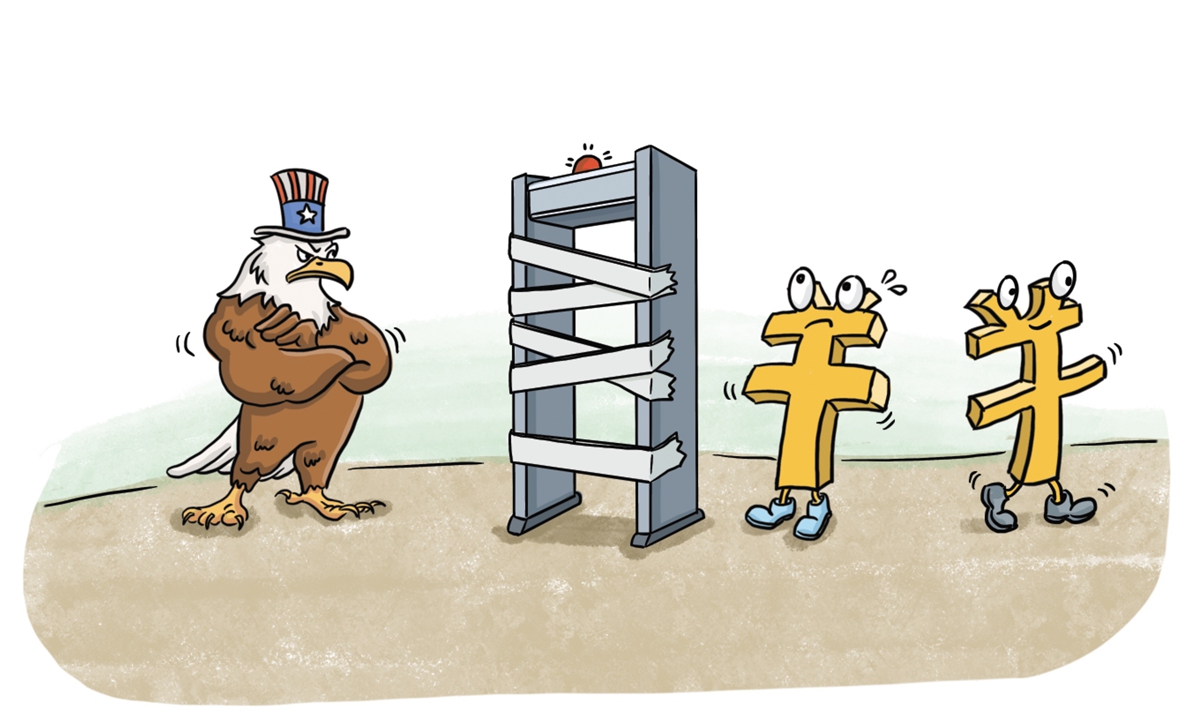
Dong Shaopeng: New rules may force Chinese stocks to ditch the politicized US financial market
2021-03-26 -
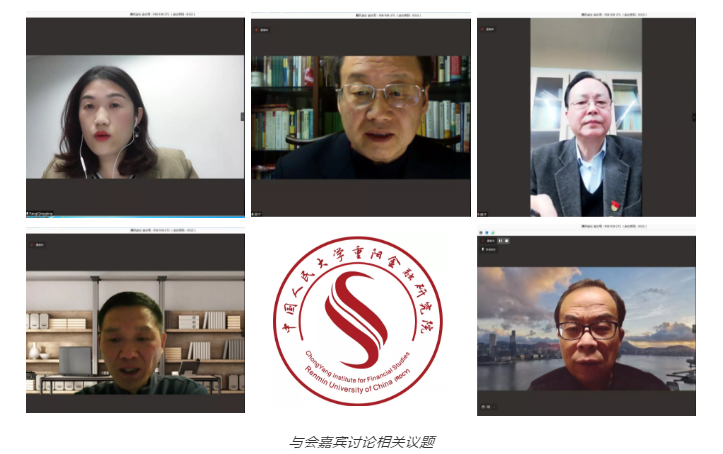
During the "14th Five-Year Plan" period, how will China's new mode of economic and social development rise in adversity?
On March 22, 2021, the Seminar on "Internal and External Situations During the 14th Five-Year Plan" & Research Report release Conference (co-sponsored by Chongyang Institute for Financial Studies, Renmin University of China and Xiangshan Hall) was successfully held. Fang Ning, fellow researcher of the Institute of Political Science, Chinese Academy of Social Sciences, delivered a keynote speech. Huang Ping, director of the Taiwan, Hong Kong and Macao Research Center of the Chinese Academy of Social Sciences, executive vice president of the Chinese Academy of Sciences in Hong Kong; Yang Ping, President of Beijing Cultural Reviews and Chiarman of Xiuyuan Foundation; Cheng Yawen, professor of the School of International Relations and Public Affairs of Shanghai International Studies University participated in the guest discussion. The seminar was simultaneously broadcast live on multiple platforms such as Xiao E Tech, Baidu, Bilibili, Weibo, China.org.cn, and Capital News. Nearly 200,000 p
2021-03-26 -
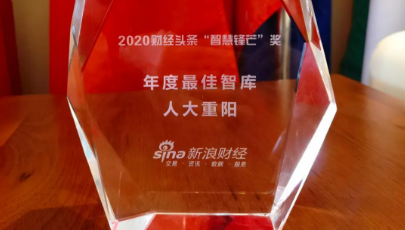
RDCY was awarded "Think Tank of the Year" by Sina Finance
Recently, Sina Finance released the 2020 annual list for financial headlines. Chongyang Institute for Financial Studies, Renmin University of China (RDCY) was awarded "Think Tank of the Year".
2021-03-25 -
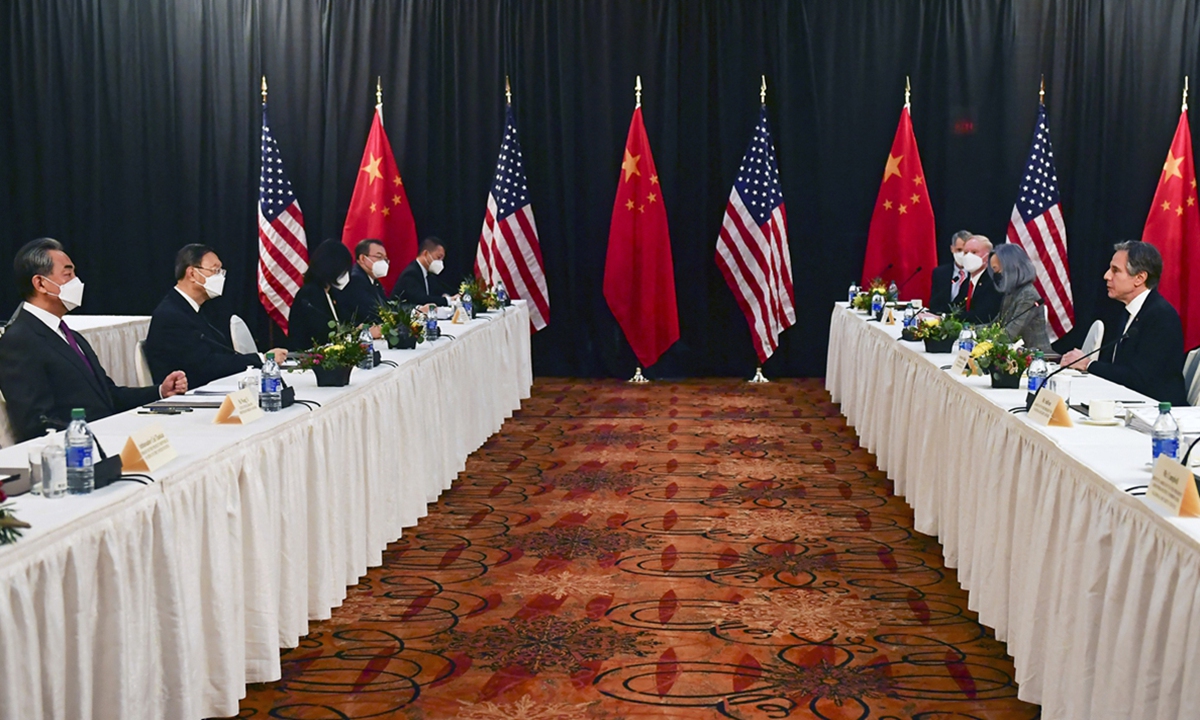
Ding Gang: Rebuttal at Alaska talks shows China rejects West’s hierarchy of civilizations
2021-03-25 -
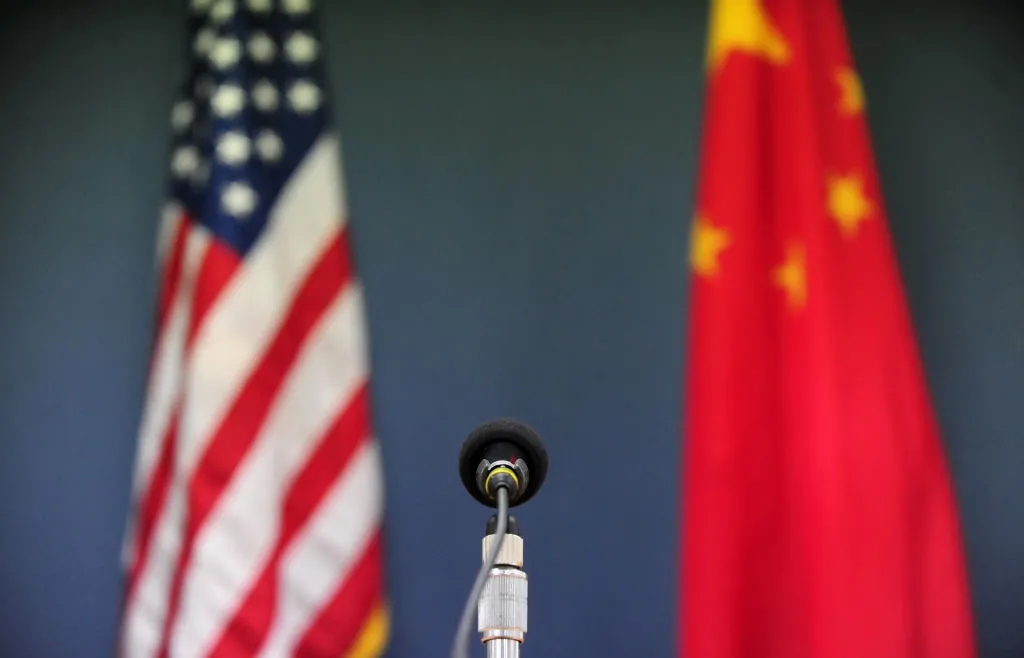
【2021-04-02】Live and Let Live
In the 42 years since the establishment of diplomatic relations between China and the United States, the two countries have shared ups and downs, making unforeseen achievements not only bringing enormous benefits to the people of both countries, but also promoting world peace, stability, and prosperity.
2021-03-24 -
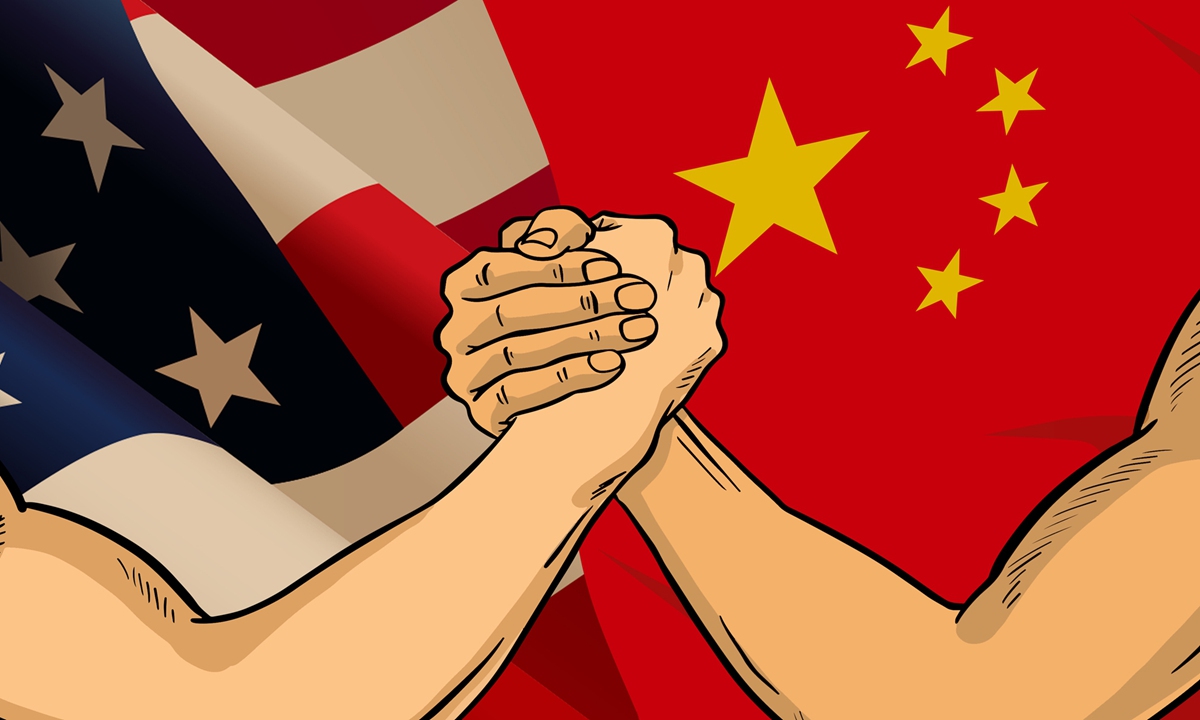
Wang Wen: A fair look at risks China faces shows country's confidence
Before the China-US high-level meeting in Alaska, many reporters asked me about my expectations. My answer to them was simple: "I expected nothing, but it's always a good thing as long as the two sides are still meeting with each other." As anticipated, there was no photo of smiling and shaking hands, no joint statements at the first strategic dialogue between China and the US since US President Joe Biden took office. And the world seemed to be left with only a tit-for-tat confrontation between the two countries as their news.
2021-03-23 -
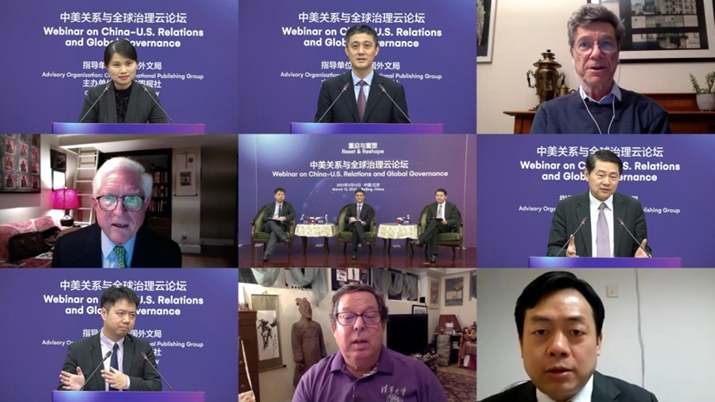
Scholars call for more cooperation and healthy competition between China and the US
Scholars from China and the U.S. expounded their views on bilateral relations from different perspectives at a webinar on March 12. They agreed that the two sides should be committed to benign and healthy competition, and there is potential for the two countries to work jointly in many areas and improve global governance.
2021-03-22 -
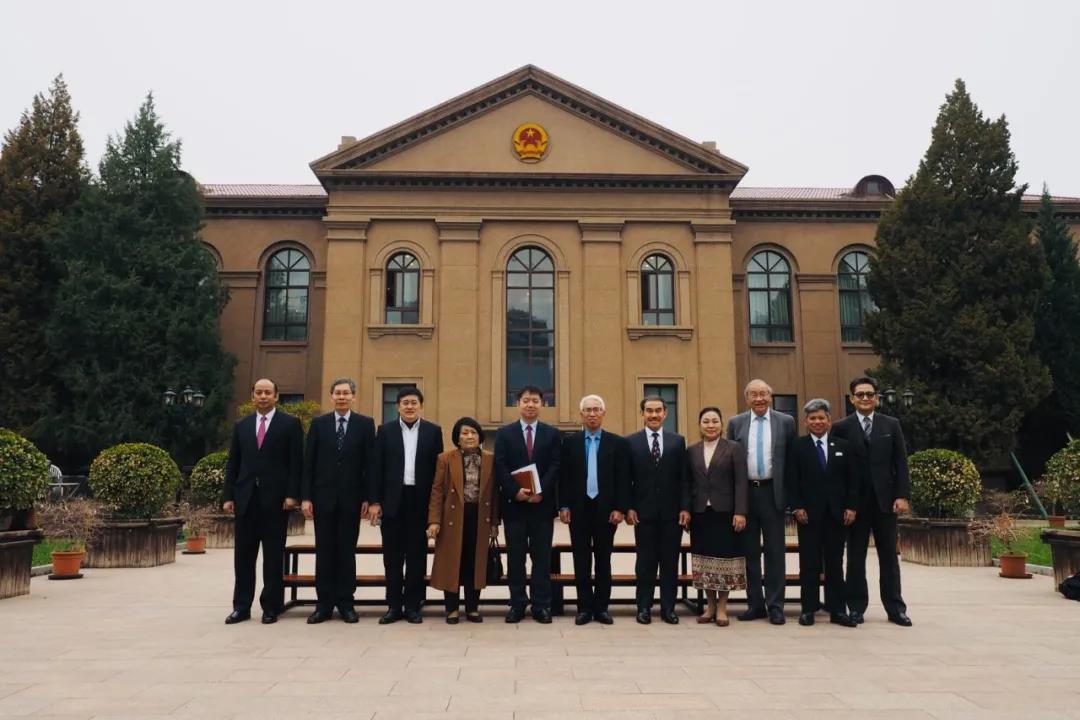
RDCY was invited to hold a hot-issue discussion with ten ASEAN ambassadors to China
On March 20th, at the invitation of the Vietnamese Embassy to China, Wang Wen, Executive Dean of Chongyang Institute for Financial Studies, Renmin University of China(RDCY), Deputy Dean and Professor of Silk Road School, also a Researcher of the Financial Research Center of the Counsellor Office of the State Council, joined forces with Vietnam, Singapore, Indonesia, The Philippines, Malaysia, Myanmar, Brunei, Thailand, Laos, Cambodia and other ten ASEAN ambassadors to China and senior diplomats to interpret China’s 14th Five-Year Plan and hot issues at home and abroad, and had about three hours of in-depth exchanges. The event was hosted by the Vietnamese ambassador to China, H.E. Mr. Pham Sao Mai.
2021-03-22 -
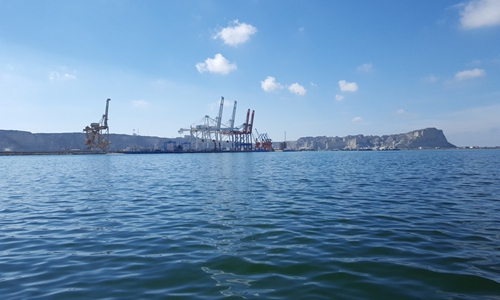
Uzbekistan eyes Pakistan’s Gwadar Port as gateway for seaborne cotton exports
Uzbekistan, one of the world's leading cotton exporters, sent a high-level delegation earlier this week to the Chinese-invested Gwadar Port in Pakistan to look for logistics opportunities that might help it export its cotton, the Global Times has learned.
2021-03-19 -
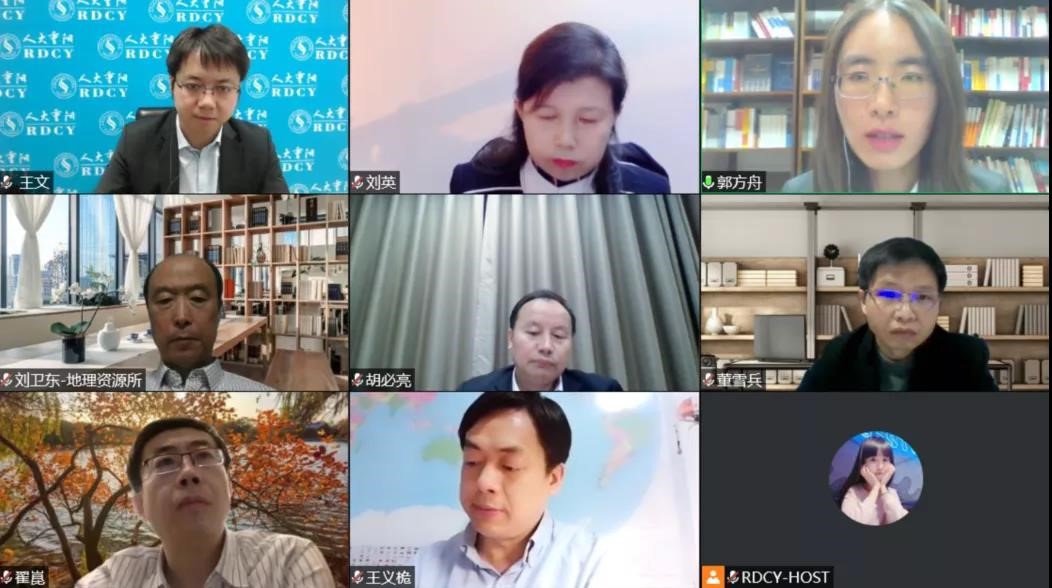
Seminar on “Growth in Crisis: Assessment of the BRI Progress during the Covid-19 Epidemic” held successfully
On March 10, 2021, the Seminar on “Growth in Crisis: Assessment of the BRI Progress during the Covid-19 Epidemic” Online Conference hosted by Chongyang Institute for Financial Studies, Renmin University of China (RDCY) was successfully held. RDCY Executive Dean Wang Wen, RDCY Associate Researcher Guo Fangzhou, Director of the "Belt and Road" Strategic Research Center of the Chinese Academy of Sciences Liu Weidong, Executive Dean of the Belt and Road School of Beijing Normal University Hu Biliang, Deputy Dean of the Institute of Area Studies at Peking University (PKUIAS) Zhai Kun, Deputy Director of the Research Center for Regional Coordinated Development of Zhejiang University Dong Xuebing, and RDCY senior fellow Wang Yiwei gave their keynote speeches. Director of Cooperative Research Department of RDCY Liu Ying moderated this online conference.
2021-03-19 -
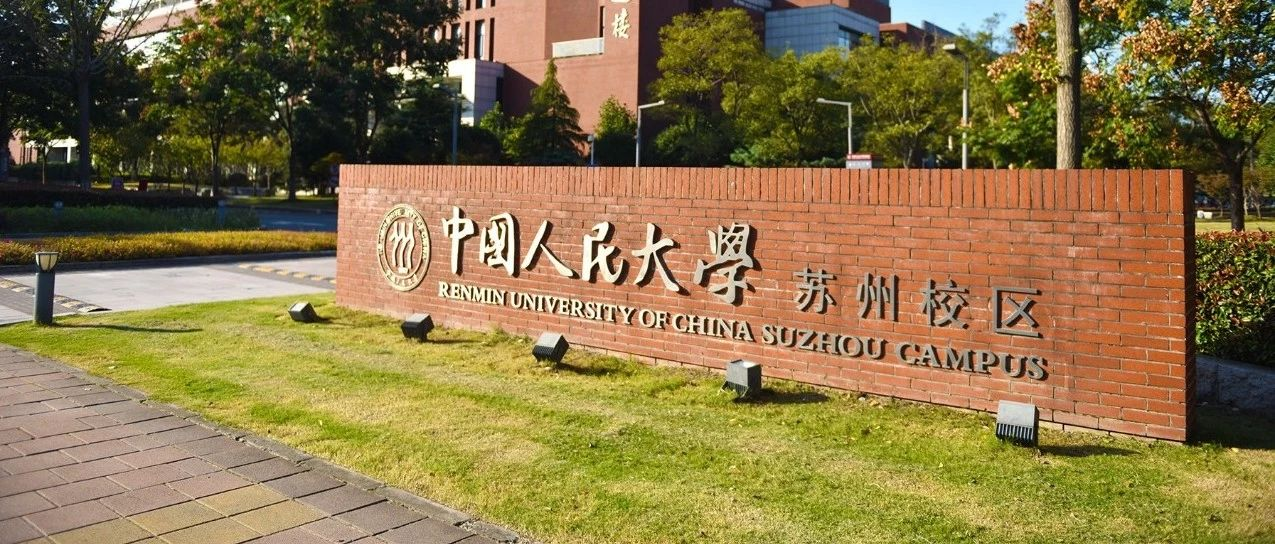
Reminder: Renmin University Silk Road School 2021 Application is closing soon!
Explore China and become a successful global elitist with full scholarship!
2021-03-18 -
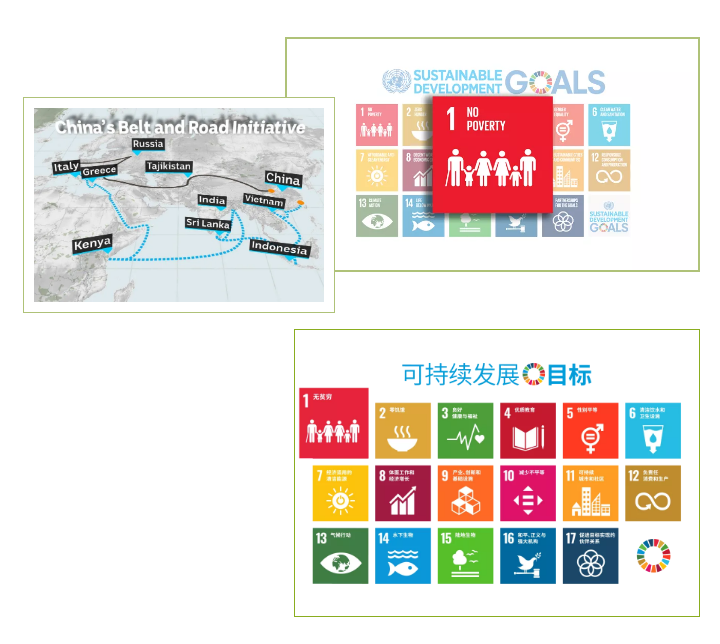
The 4th SRYD is calling for aspiring youth
To achieve young dreams in poverty alleviation and green development, the 4th Silk Road & Young Dreams (SRYD) is attracting young people from all over the world to participate, show their talents and let their dreams fly. With the theme of "Poverty Alleviation, Rural Revitalization, Green Development, International Cooperation and Olympic Games", this event will promote people-to-people bonds, and enhance the youth exchanges along the "Belt and Road".
2021-03-18 -
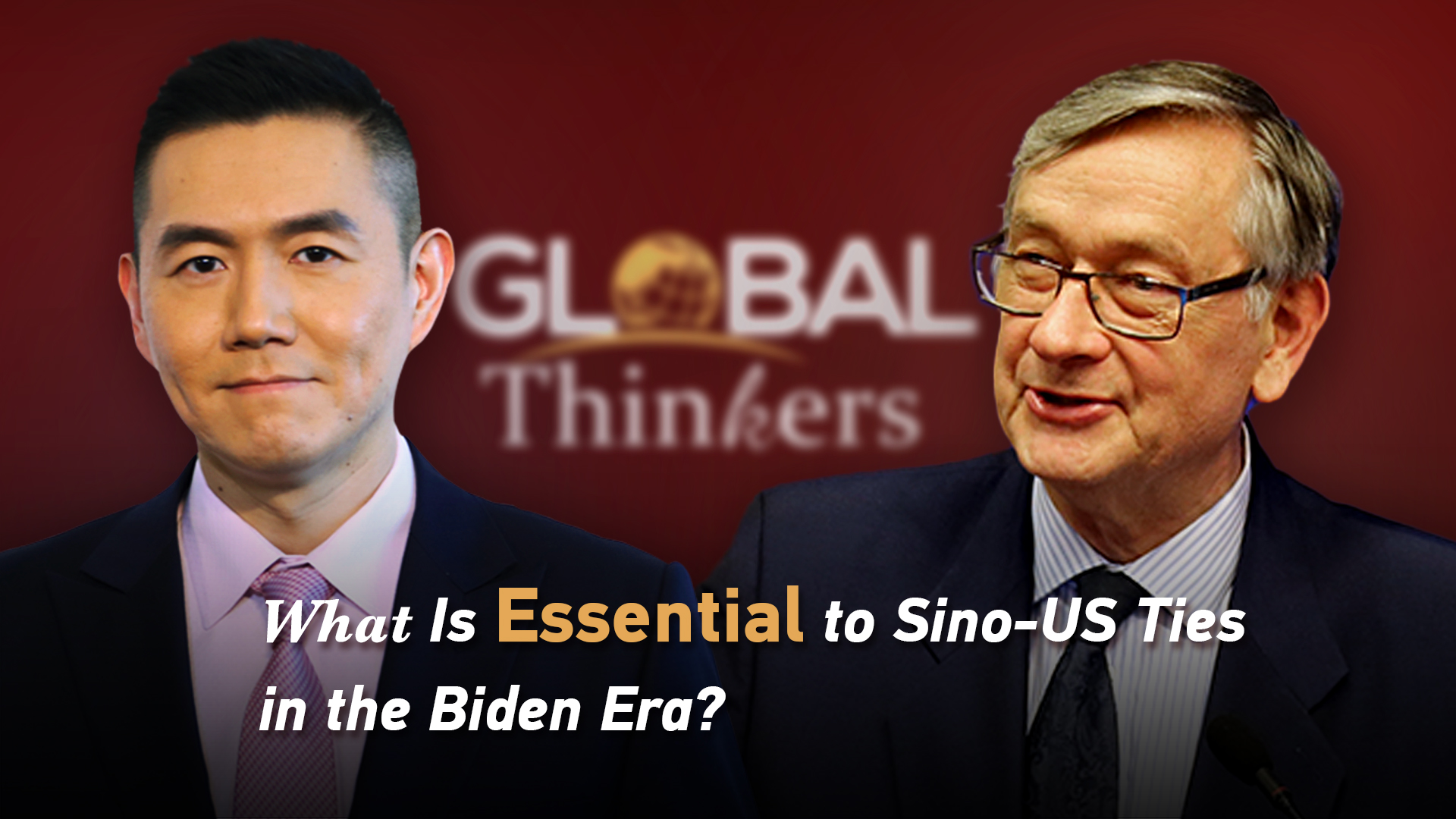
Danilo Turk: What is essential to Sino-U.S. ties in the Biden era?
Danilo Turk, former president of Slovenia, believes that Sino-U.S. ties need "calm" to prosper, and U.S.-led alliances shouldn't threaten world security.
2021-03-18
























































































 京公网安备 11010802037854号
京公网安备 11010802037854号





